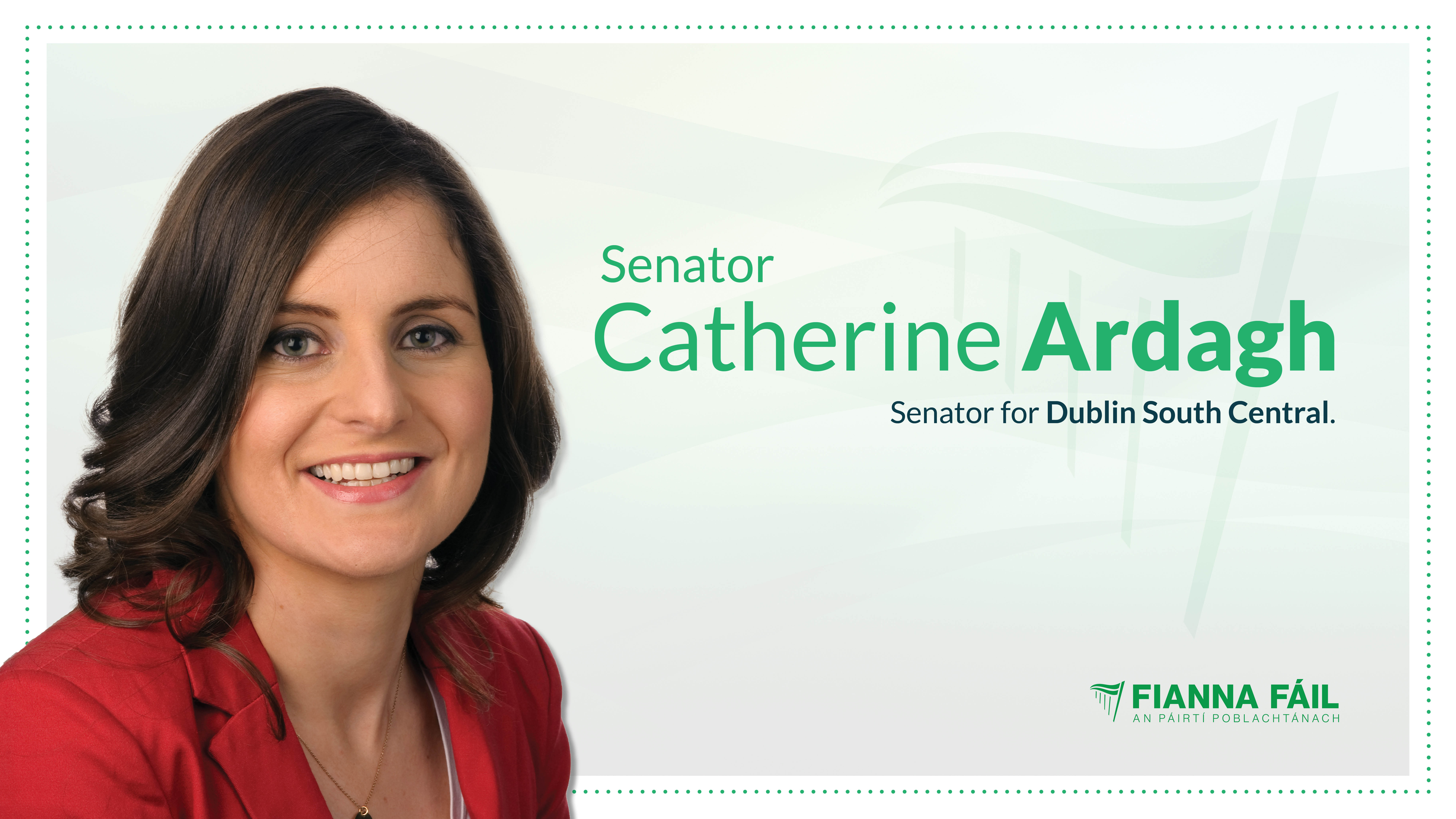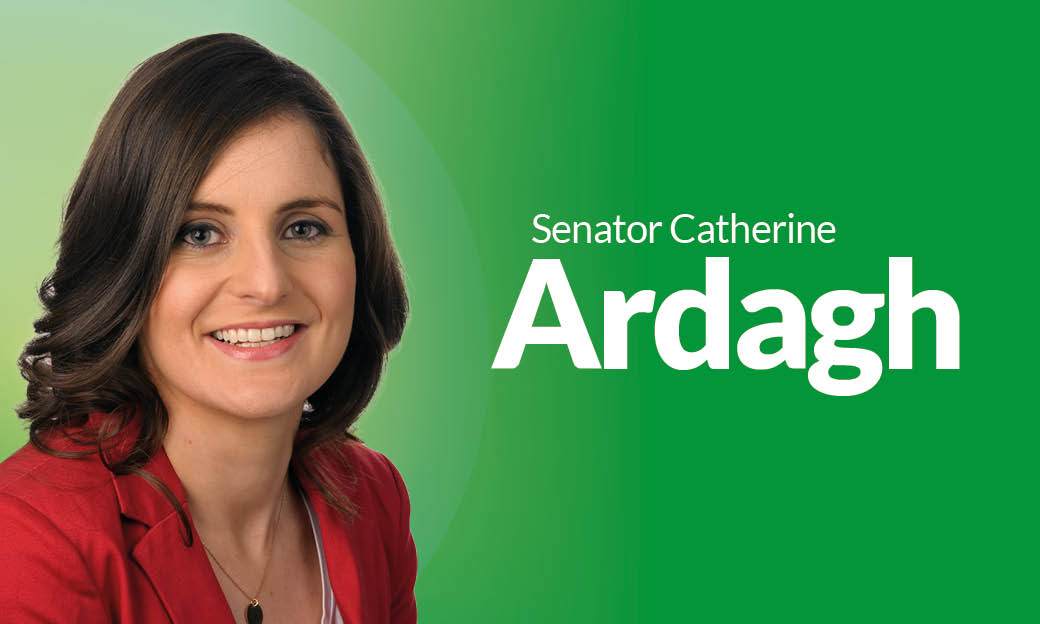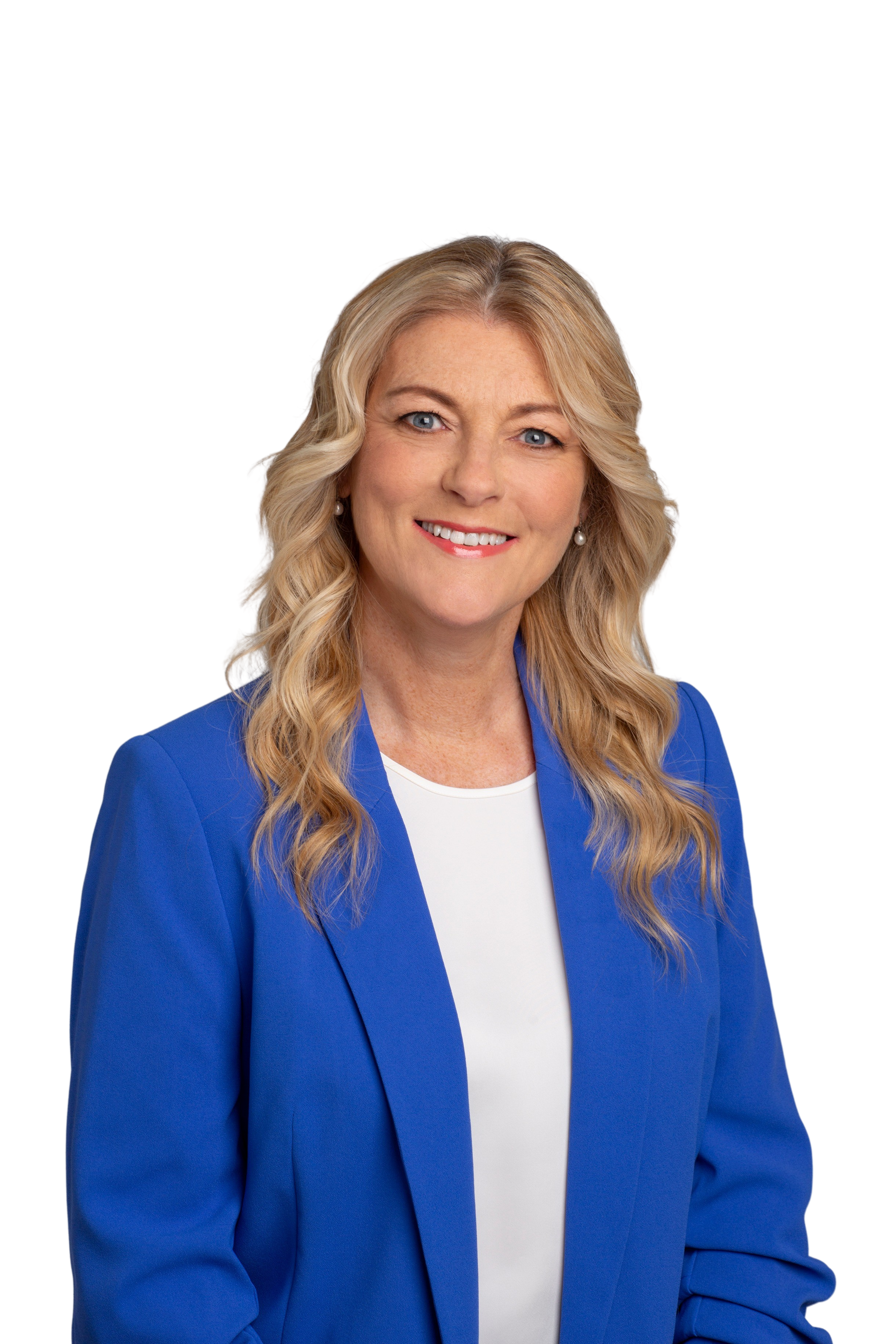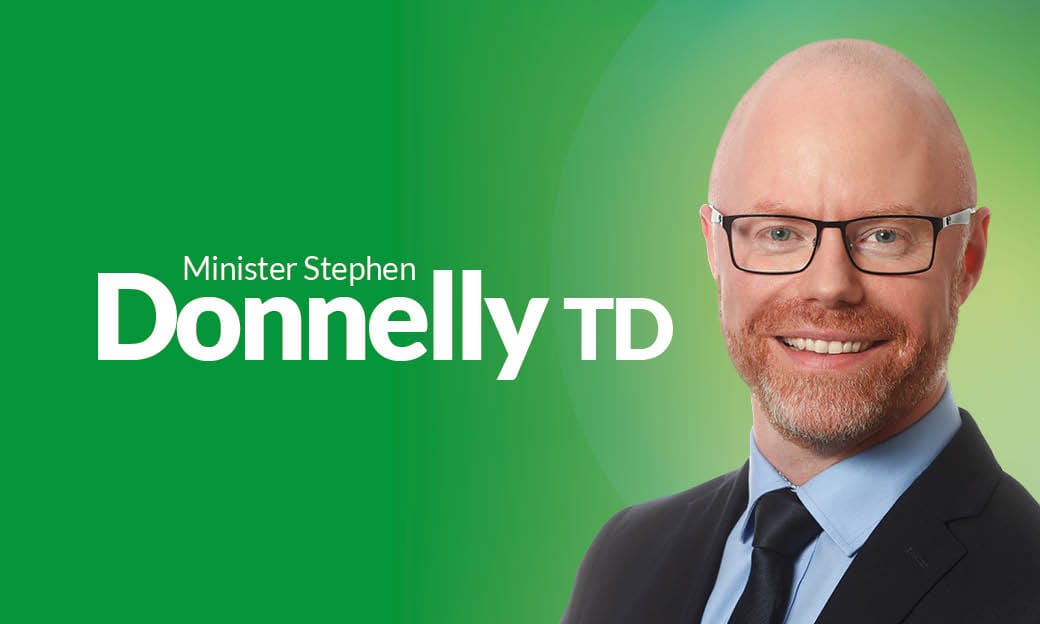Minister for Health announces full funding for assisted human reproduction treatment from September
Published on: 25 July 2023
Minister for Health, Stephen Donnelly has today announced that fully publicly-funded assisted human reproduction (AHR) treatment will commence in September.
Eligible patients will be entitled to one full cycle of IVF (in-vitro fertilisation) or ICSI (Intracytoplasmic sperm injection) treatment, initially provided in HSE-approved private clinics of their choice ahead of the opening next year of the first public National Advanced AHR Centre.
The Minister has also set out details of eligibility criteria which sets parameters in respect of the ages of the intending parents, the female patient’s body mass index (BMI), the number of existing children and the number of previous IVF cycles accessed. Patients with known clinical causes of infertility and patients where there is no known clinical cause will be eligible for treatment.
Given the complex regulatory and clinical issues still to be addressed in respect of certain categories of AHR treatment, public funding of a number of specific services is being commenced on a structured and phased basis.
Therefore, treatment involving the use of donated gametes (sperm and eggs) will not be available in September for heterosexual or same-sex couples or single female patients. This treatment will become available as soon as possible.
Minister Donnelly said:
“This Government recognises the difficult circumstances faced by so many people who long to have a child but who are unable to do so without clinical intervention.
“That is why a commitment to introduce a publicly-funded model of care for fertility treatment is included in the Programme for Government.
“Today marks a very important milestone in achieving that objective.
“The service we’re announcing is one that involves highly complex issues, and we are committed to ensuring that patient safety and regulation lie at the heart of service provision.
“Work is continuing on the Assisted Human Reproduction Bill which will ultimately allow us to improve accessibility to AHR treatments, while at the same time embedding safe and appropriate clinical practice and ensuring the cost-effective use of public resources.
“I look forward to progressing this Bill and to ultimately expanding advanced AHR services to wider categories so that we can help more people to fulfil their wish of starting a family.”
Under the Model of Care for Fertility, people with fertility-related issues should be treated through the public health service at the lowest level of intervention necessary.
In the first instance, people will present to their GP for a consultation and if appropriate they will be referred to their local Regional Fertility Hub, which provides a range of treatments and interventions for both males and females.
From September, where IVF, ICSI or IUI is clinically indicated, eligible patients will be referred by the Reproductive Medical Consultant in the Regional Fertility Hub for publicly-funded treatment in a HSE-approved private clinic of their choice.
Female patients who meet the criteria will be eligible for treatment if they have been referred by their GP to a regional fertility hub before their 41st birthday.
Minister Donnelly added:
“In establishing eligibility criteria, we have considered an array of factors to ensure that public money is being used to fund clinically-safe care that prioritises the safety and wellbeing of the child and mother.
“In developing these services in a careful, phased manner, I am committed to ensuring that we can expand eligibility criteria as soon as possible.
“Today we are taking a significant first step and I would like to thank all involved in getting us to this stage. In particular, I would like to acknowledge the work of officials in my department, the HSE, clinicians and the private providers who agreed to provide the treatment in their facilities.”
ENDS
Notes to Editor:
Internationally, access to publicly-funded AHR services is informed by an array of factors including clinical, political, social and economic.
The guiding principles in developing access criteria for publicly-funded infertility services, whether at secondary or tertiary level and irrespective of whether publicly- or privately-provided, need to:
-
be equitable and patient-centred;
-
ensure that the well-being and safety of the child and the mother is central to clinical decision-making;
-
ensure that resources allocated are targeted at patients that are deemed clinically appropriate for infertility-related assessment and treatment;
-
ensure that care is provided in a clinically safe manner, taking into account the packages of care available;
-
ensure that clinical care is planned and delivered based on a reasonable anticipation of a positive outcome;
-
ensure that services are developed and built on a population health approach so as to enable and maintain good fertility health within the general population
Eligibility criteria for patients accessing publicly-funded IVF, ICSI and IUI treatment:
The eligibility criteria set out below been been developed following extensive clinical consideration and expert consultation, prioritising equitable, patient-centred service that targets resources at clinically appropriate treatment.
-
Individuals must be ordinarily resident in the State and referred through their GP to a Regional Fertility Hub. (no self-referring).
-
Eligible couples must have no living children from the existing relationship and include at least one partner with no living child.
-
Access to publicly-funded AHR treatment is available for those individuals who have previously undertaken a maximum of one previous IVF cycle and where all embryos created as part of that cycle have been used.
-
A couple/ individual will not be eligible for publicly funded AHR treatment if either partner/individual has had voluntary sterilisation.
-
To ensure the welfare of any children resulting from AHR treatment, an assessment will be carried out, based primarily upon a self-declaration form.
-
There shall not be more than two intending parents of a child born as a result of AHR treatment and, they shall be in a relationship for at least one year.
-
The intending birth mother should be a maximum age of 40 years plus 364 days at time of referral to Hub, while the maximum referring age for males is 59 years plus 364 days.
-
The BMI of an intending birth mother must be within the range of 18.5 kg/m2 – 30.0 kg/m2
Guidance regarding lifestyle:
Alcohol: Intending birth mother should have no more than one or two standard alcoholic drinks once or twice per week. Males should have no more than three to four standard alcoholic drinks per day, ideally 10 standard drinks or less over a week.
Smoking: All intending parents should be non-smoking for at least three months. Recreational/Illegal
Drugs: All intending parents should be non-users of recreational drugs for at least three months.
Model of Care for Fertility
The Model of Care for Fertility was developed by the Department of Health in conjunction with the HSE’s National Women and Infants Health Programme (NWIHP) in order to ensure that fertility-related issues are addressed through the public health system at the lowest level of clinical intervention necessary. This Model of Care comprises three stages, starting in primary care (i.e., GPs) and extending into secondary care (i.e., Regional Fertility Hubs) and then, where necessary, tertiary care (i.e., IVF (in-vitro fertilisation), ICSI (intracytoplasmic sperm injection) and IUI (Intrauterine insemination), with patients being referred onwards through structured pathways.
Phase One of the roll-out of the Model of Care has involved the establishment, at secondary care level, of Regional Fertility Hubs within maternity networks, in order to facilitate the management of a significant proportion of patients presenting with fertility-related issues at this level of intervention. Patients are referred by their GPs to their local Regional Fertility Hub, which provides a range of treatments and interventions for both males and females, including relevant blood tests, semen analysis, assessment of tubal patency, hysteroscopy, laparoscopy, fertility-related surgeries, ovulation induction and follicle tracking.
All Regional Fertility Hubs are in service.
Phase Two of the roll-out of the Model of Care will see the introduction of tertiary fertility services, including IVF, provided through the public health service. Funding was secured in Budget 2023 to support access to advanced AHR treatments, including, crucially, to allow the commencement of Phase Two of the roll-out of the Model of Care.
This investment will facilitate the first steps to be taken towards the provision of a complete publicly-provided fertility service, which is the ultimate objective of Government.
In particular, it will allow the historic development of the first National Advanced AHR Centre, delivering IVF, ICSI and IUI through a wholly public clinic and is scheduled to open in 2024. Subject to the provision of additional funding in future, it is envisaged that additional National Advanced AHR Centres will be developed and become operational on a phased basis elsewhere in the country.
The 2023 allocation is also being utilised to support the Regional Fertility Hubs in order to expand the scope of services by introducing the provision of IUI, which can, for certain cohorts of patients, be a potentially effective, yet less complex and less intrusive, type of AHR treatment.



